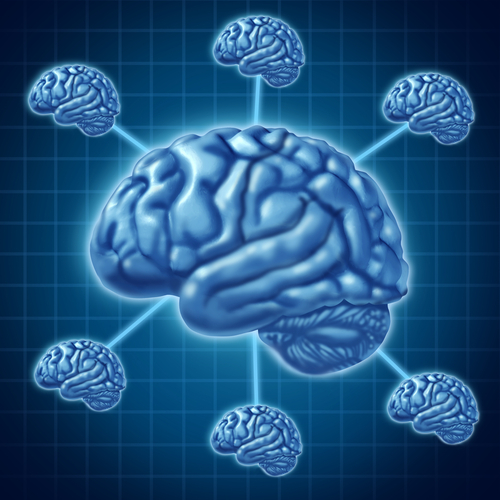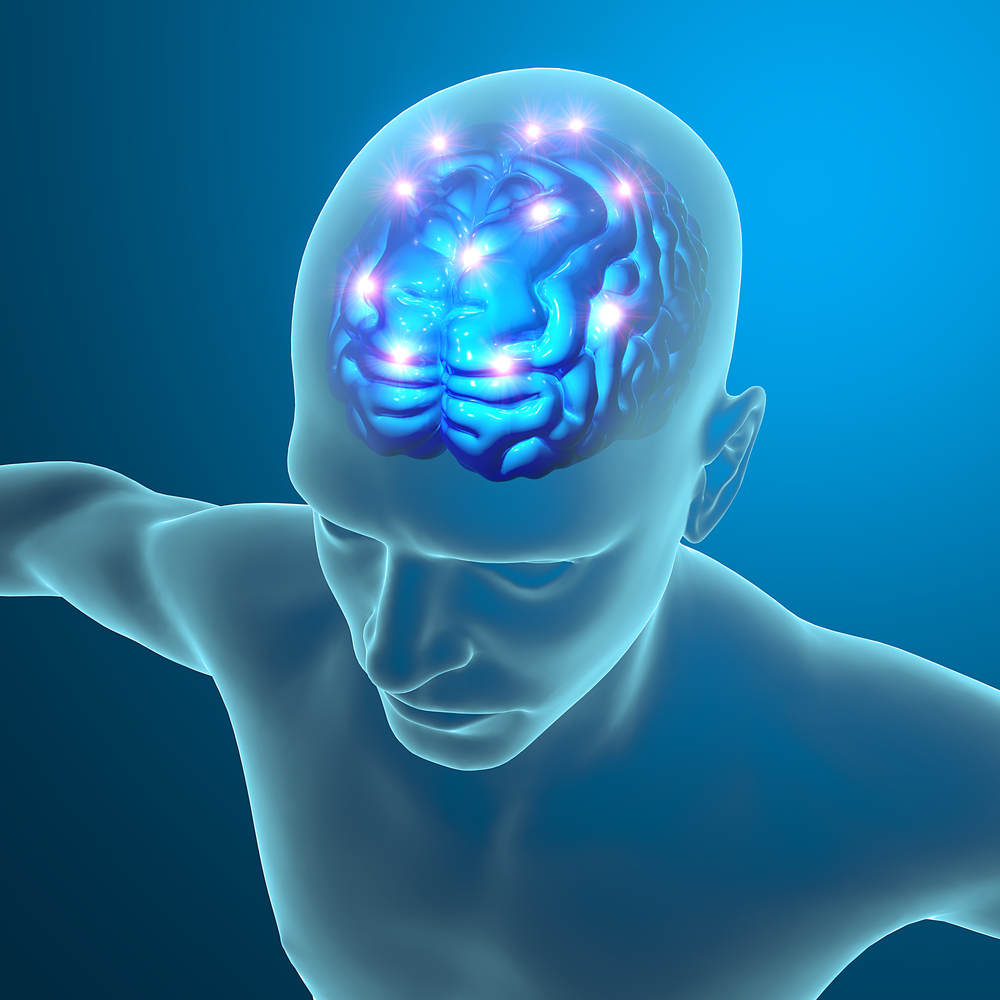ADD and ADHD are common diagnoses that now are reported to affect at least 5% of our children and many of these kids suffer from family or other social dysfunction that masquerade as these conditions. It is important to support our children with psychotherapy and general and targeted nutrition. While optimal nutrition with whole, unprocessed, unrefined foods without additives and preservatives is critical, there are specific essential fatty acids that are critical to replace to avoid biochemical defects that not only lead to the commonly appreciated symptoms of these conditions but also to the commonly under-appreciated findings that include dyslexia, dyspraxia, night blindness and dry skin. Obtaining an essential fatty acid profile is a good idea for everyone who has one of these diagnoses.
 ADD and ADHD are characterized by distractability, impulsivity, and disruptive behavior. About 5% of school kids are diagnosed; this is massive overdiagnosis. The influence of Big Pharma and drug therapy is revealed and the drugs used reviewed. The role of essential fatty acid metabolic defects and the importance of psychotherapy highlighted
ADD and ADHD are characterized by distractability, impulsivity, and disruptive behavior. About 5% of school kids are diagnosed; this is massive overdiagnosis. The influence of Big Pharma and drug therapy is revealed and the drugs used reviewed. The role of essential fatty acid metabolic defects and the importance of psychotherapy highlighted According to a November 2014 article published in Social Science and Medicine, the diagnosis of ADHD and ADD are spreading like an infectious disease. Until the past decade, the US consumed 90% of the drugs used to treat these disorders, and the UK, Germany, France, Italy, and Brazil the rest. Even though far more of these drugs are now used in the US, we only account for 75% of drug sales. This means there's been a tremendous increase in sales around the world even more than in the US.
According to a November 2014 article published in Social Science and Medicine, the diagnosis of ADHD and ADD are spreading like an infectious disease. Until the past decade, the US consumed 90% of the drugs used to treat these disorders, and the UK, Germany, France, Italy, and Brazil the rest. Even though far more of these drugs are now used in the US, we only account for 75% of drug sales. This means there's been a tremendous increase in sales around the world even more than in the US.  A study published in the journal, Pediatrics, in January of 2013 concluded that adding essential fatty acids could treat children with ADD and ADHD. It went on to state that adopting a healthy dietary pattern that includes fish, vegetables, fruit, legumes, and whole grains is a good idea because most kids with ADD and ADHD consume a diet high in fast foods, red meats, processed meat, potato chips, high-fat dairy, and soft drinks. They found it was unusual for a child to have these conditions if they consumed a healthy diet.
A study published in the journal, Pediatrics, in January of 2013 concluded that adding essential fatty acids could treat children with ADD and ADHD. It went on to state that adopting a healthy dietary pattern that includes fish, vegetables, fruit, legumes, and whole grains is a good idea because most kids with ADD and ADHD consume a diet high in fast foods, red meats, processed meat, potato chips, high-fat dairy, and soft drinks. They found it was unusual for a child to have these conditions if they consumed a healthy diet.
 The American Academy of Neurology published an article in the March 2013 issue of Neurology a statement advising against the use of neuroenhancing drugs to boost academic achievement is school tests in normal kids. They say the drugs have not been adequately studied in normal kids; it makes you wonder if these drugs are a good idea for kids with these conditions either.
The American Academy of Neurology published an article in the March 2013 issue of Neurology a statement advising against the use of neuroenhancing drugs to boost academic achievement is school tests in normal kids. They say the drugs have not been adequately studied in normal kids; it makes you wonder if these drugs are a good idea for kids with these conditions either. New research shows that children's risk for learning and behavior problems and obesity rises in correlation to their level or trauma exposure. These findings should encourage physicians to consider diagnosing PTSD rather than ADD/ADHD, which has similar symptoms to PTSD but very different treatment.
New research shows that children's risk for learning and behavior problems and obesity rises in correlation to their level or trauma exposure. These findings should encourage physicians to consider diagnosing PTSD rather than ADD/ADHD, which has similar symptoms to PTSD but very different treatment.




